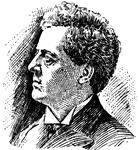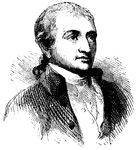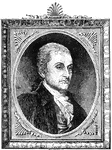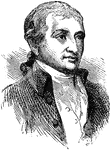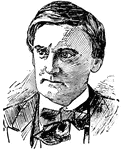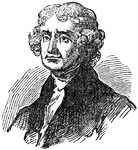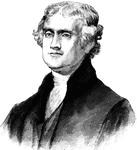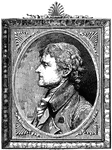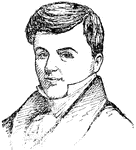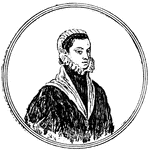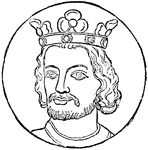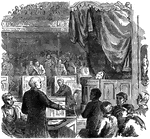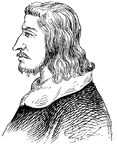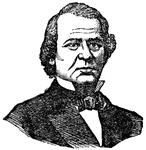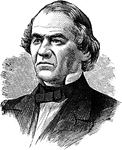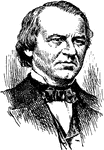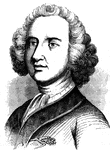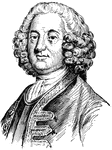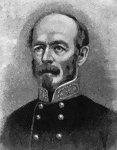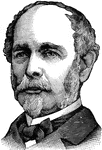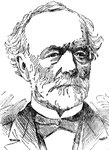159 illustrations of famous people including: Archbishop John Ireland, Sir Henry Irving, Washington Irving, Queen Isabella, George Izard, Andrew Jackson, Thomas "Stonewall" Jackson, King James (I, II), John Jay, Thomas Jefferson, Joan of Arc, King John (I, II), Andrew Johnson, Joseph Johnston, John Paul Jones, Empress Josephine, and more
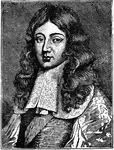
James, Duke of Monmouth
James Crofts, later James Scott, 1st Duke of Monmouth and 1st Duke of Buccleuch (April 9, 1649 –…
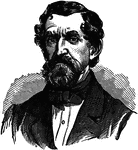
David F. Jamison
David F. Jamison (1810-1864) was one of the founders of the Citadel and was elected president of the…
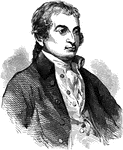
John Jay
John Jay (December 12, 1745 – May 17, 1829) was an American politician, statesman, revolutionary,…
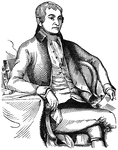
John Jay
John Jay born December 1745 was an American politician, statesman, revolutionary, diplomat, a Founding…
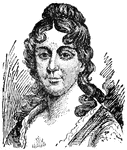
Martha Jefferson
The wife of Thomas Jefferson, the third President of the United States. She never held the position…
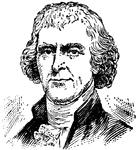
Thomas Jefferson
(1743-1826) Third President of the United States 1801-1809. Wrote the first draft of the Declaration…
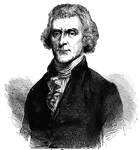
Thomas Jefferson
(1743-1826) Third President of the United States 1801-1809. Wrote the first draft of the Declaration…
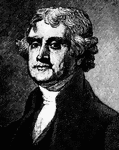
Thomas Jefferson
(1743-1826) Third President of the United States 1801-1809. Wrote the first draft of the Declaration…
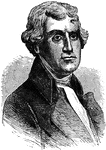
Thomas Jefferson
Thomas Jefferson, author of the Declaration of Independence and third president of the United States.
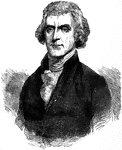
Thomas Jefferson
Thomas Jefferson (April 13, 1743 – July 4, 1826) was the third President of the United States (1801–1809),…
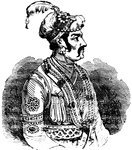
Jehangire
"Jehangire kept his court at Delhi, one of the most splendid cities of the East, where he called the…
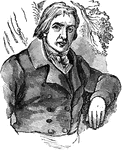
Edward Jenner
Edward Jenner was an English country doctor who studied nature and his natural surroundings since his…
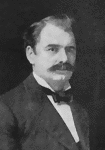
William Sherman Jennings
(1863-1920) In 1901, Governor William Sherman Jennings of Brooksvillie was Florida's eighteenth governor…
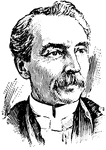
Sir Louis A. Jette
(1836-1903) Elected to the Canadian House of Commons and in 1903 he was appointed one of the Alaskan…
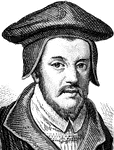
Bishop John Jewel
John Jewel (May 24, 1522 – September 23, 1571), was an English bishop of Salisbury. Under Elizabeth's…
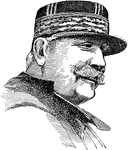
Marshal Joffre
A French Catalan general during the First World War. He defeated the Germans at the First Battle of…
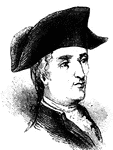
Francis John, Marquis De Chastellux
(--) French major general that led troops for the American Revolution
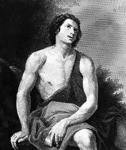
John the Baptist
"And in those days cometh John the Baptist, preaching in the wilderness of Judaea, saying, Repent ye;…

King John
John (1166 – 11216), also known as John Lackland, was King of England from 1199 until his death in…

Saint John the Evangelist Writing
Illustration of Saint John the Evangelist sitting on a rock with a writing tablet in his lap. He is…
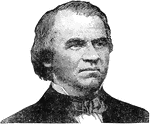
Andrew Johnson
Andrew Johnson (December 29, 1808 – July 31, 1875) was the seventeenth President of the United…
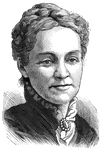
Mary C. Johnson
The first recording secretary of the Woman's National Christian of the Temperance Union.
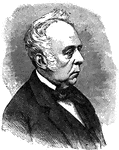
Reverdy Johnson
Reverdy Johnson (May 21, 1796 – February 10, 1876) was a statesman and jurist from Maryland.
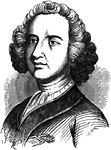
Sir William Johnson
Sir William Johnson, 1st Baronet (1715 – 11 July 1774), founder of Johnstown, New York, was an Irish…

Albert Sidney Johnston
(1803-1862) A Confederate general in the American Civil War who was killed during the Battle of Shiloh.
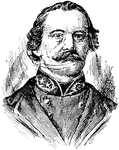
Albert Sidney Johnston
(1803-1862) American soldier who fought in the Black Hawk War, the war for Texan independence, the Mexican…
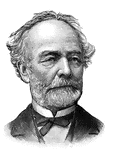
General Joseph E. Johnston
"General Johnston, born in Cherry Grove, near Farmville, Va., February 3rd, 1807; died at Washington,…
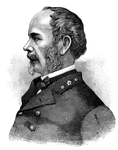
General Joseph E. Johnston
"General Joseph E. Johnston was involved in the Battle of Bull Run."—E. Benjamin Andrews 1895
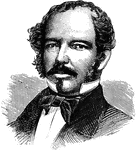
General Joseph E. Johnston
Confederate General Joseph E. Johnston, who surrendered two weeks after Lee.
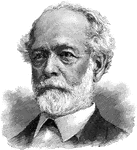
General Joseph Eggleston Johnston
General Joseph Eggleston Johnston, also known as General J. E. Johnston (1807 - 1891) was a U.S. Army…
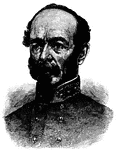
Joseph E. Johnston
(1807-1891) Soldier that fought in the Mexican War and in the Confederate side of the Civil War.
